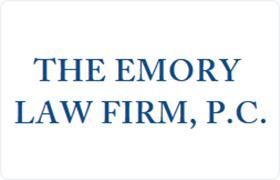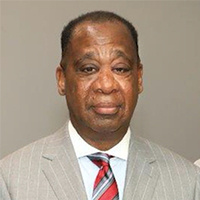Cleveland Juvenile Law Lawyer, North Carolina
Sponsored Law Firm
-
 x
x

Click For More Info:
-
The Emory Law Firm
11020 David Taylor Dr. Suite 102 Charlotte, NC 28262» view mapCriminal Defense Law Our People Make The Difference
We’re dedicated to ensuring that we take care of all of our clients, and that their legal needs are met and exceeded. We offer high-quality legal work and personal client service.
800-972-6341
Warren Sloan Goforth
Civil & Human Rights, Criminal, Juvenile Law, Traffic
Status: In Good Standing Licensed: 16 Years
William (Bill) W. Cameron
Juvenile Law, Estate Planning, Family Law, Criminal
Status: In Good Standing Licensed: 18 Years
Christina Evans Clodfelter
Family Law, Juvenile Law, Criminal, Personal Injury
Status: In Good Standing
 C. Randolph Emory Charlotte, NC
C. Randolph Emory Charlotte, NC Practice AreasExpertise
Practice AreasExpertise
